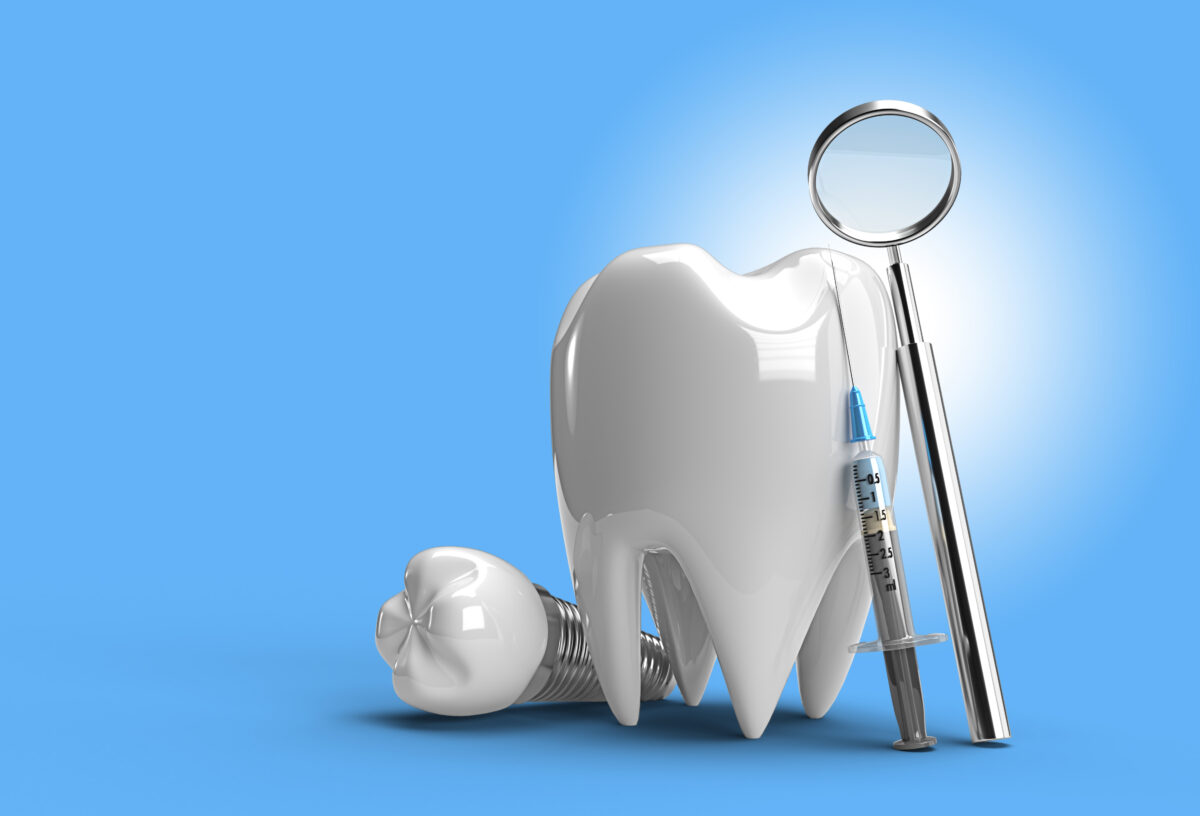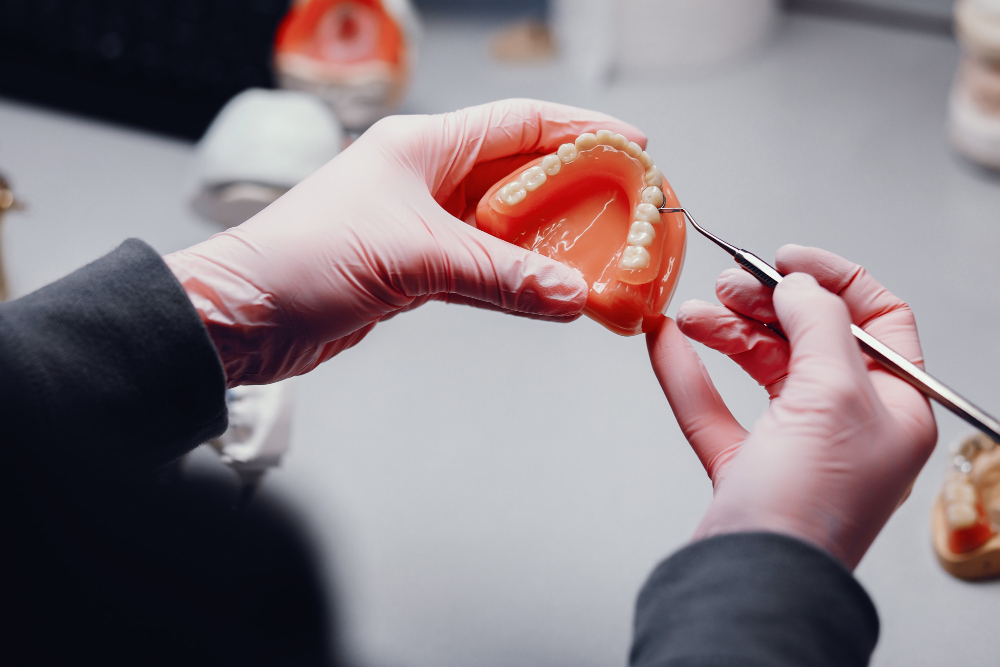Are you ready for your next root canal treatment? Good idea, once you’re ready, the whole root canal process will be much easier. One tooth is at risk, so it’s important to take all steps to save it. Teeth are meant to last a lifetime, so it’s best to keep your natural teeth as long as possible.
Dental Crowns and Root Canal
Root canal therapy removes a small thread-like tissue (a diseased or damaged pulp) in the center of the tooth. Then clean, shape and fill the remaining space. Do I need a crown after a root canal, Root canal therapy protects the tooth from decay, but it cannot restore the tooth to its original strength. You may need to reinforce your teeth a little. A dentist or endodontist may choose to place a crown after the root canal for a variety of reasons. These include:
- Strengthens brittle teeth – A tooth may become brittle after root canal treatment due to previous injuries, removed tissue, or trauma from drilling. Wearing a root canal crown on your teeth gives them the strength they need and helps prevent future damage
- To prevent infection – Infected or damaged teeth are automatically at higher risk of recontamination. A dental crown provides extra protection against infection and can avoid extraction.
- Protects against hypersensitivity – Root canal treatment can make some nerves particularly sensitive to temperature. A root canal with a crown is worn to withstand heat and cold. For natural eyes. Without pulp, teeth appear gray or are severely discolored. It restores a whiter shade and makes the surrounding teeth match the crown.
Root Canal Before and After
It usually starts with a toothache, which is usually caused by a cavity. When a cavity is ignored, it can grow until the tooth decay is so deep that it damages the tooth pulp, necessitating a root canal treatment or extraction. If you need a root canal, knowing your options before seeking treatment can help you find a provider who offers the root canal therapy that is best for you—so you know what to expect after treatment.
Root Canal: During Treatment
During root canal procedures, you may require an injection to numb any discomfort or pain. The root canal procedure is usually performed under local anesthesia (numbing). After opening the root, your dentist will use a special drill to remove all infection and decay.
After Root Canal Treatment
Your dentist will seal the root canal system after the root canal treatment is completed. The tooth was then filled. They will also inspect your tooth to ensure that it is stable enough to withstand normal chewing pressure. When it is stable enough, an artificial crown will be placed on top.
Is a Root Canal done in One Day?
In earlier days, root canal treatment would need multiple visits to the dentist. However, now root canal treatment is even possible in a single day. Here, all the cleaning of the infected portion of the tooth is done in one day.
When can Teeth be Left without Crowns?
Crowns are required for molar restorations as they are designed to prevent the teeth from breaking apart under the pressure of bruxism. Anterior teeth are less stressed than posterior teeth. After root canal treatment, the tooth is simply left unfilled and without a crown. However, if the front teeth are discolored due to caries, crowns should be used for cosmetic reasons. Ask yourself the following questions to see if you benefit from the crown.
- Where are the teeth? – If the root-treated tooth is far back, i.e., a molar or premolar, it is more likely that a crown will be needed. This is because these teeth have to withstand all the pressure of biting and grinding. So you may need the extra strength that a crown can provide. On the other hand, depending on the level of digging, the anterior teeth (canines and incisors) may be perfectly fine without crowns.
- How are your teeth? – The more severely damaged or infected the tooth is, the more likely it is that a crown will be needed. If a dentist or endodontist has to dig out most of the tooth during root canal treatment, a crown may be needed to strengthen the tooth. Molars and premolars with high tooth retention and low fracture risk may be suitable for filling-only restorations after root canal therapy.
- Has this tooth ever been restored? – If a tooth has undergone multiple restorative procedures, including a root canal, it will likely require a crown to maintain its appearance and function. Finally, your dentist can help you determine the best option for restoring your tooth after root canal treatment. If you are concerned about the cost or appearance of a crown, talk to your dentist. Together we will find the best solution for your smile.
Learn more about the Benefits of Crowns
Most teeth that need root canal treatment have decayed before this time. Teeth with a history of significant caries should not be covered with fillings. Fillings offer some protection but are usually not enough for such fragile teeth. Previously filled teeth, previously severely decayed, chipped, or fractured teeth prior to root canal treatment, or teeth in high-traffic areas should always be fitted with crowns.
Ask your Scottsdale Dentist to answer the question, “Do I need a crown after root canal ?” If you need a root canal, your dentist at Precious Smiles offers a same-day dental crown to restore your smile and support the damaged tooth. For more information on how crowns can improve the appearance and health of your teeth, please call (480) 607-0498


